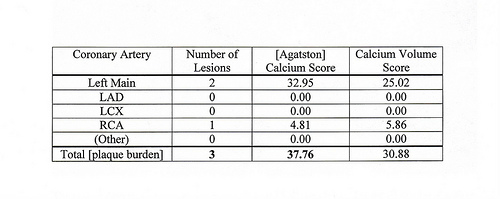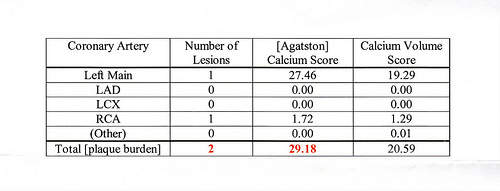Tim Lundeen writes:
We [Tim and his partner, Alexandra] first noticed that eating avocados raised our blood glucose when we were on a low-protein/low-fat/high-fruit nutrition plan. After 1/4 avocado each, we would both have fasting glucose of 95-99 instead of 80-85, with the effect lasting for about 4 days. It was quite repeatable, so we stopped eating avocados. We speculated at the time that it was due to the omega-6 content of the avocado fat.
We just tried avocado again with more typical nutrition, with about 25% protein, 25% fat, 50% carbohydrate with very low fructose, thinking that because we were eating more fat the effect might not be so pronounced, but saw the same elevated fasting blood glucose as before.
After some more research, we found out it is because avocados contain a sugar called mannoheptulose, which causes temporary dysregulation of blood sugar.
Mannoheptulose was first isolated in 1917. Mannoheptulose has been proven to be present in many foods, but is found most abundantly in the avocado (La Forge 1916-1917). In 1957, the first research was published in the Archives of Biochemistry and Biophysics (Volume 69, page 592), suggesting that avocado extract blocked normal insulin secretion. In 1963, it was demonstrated that avocado extract blocks glucose-stimulated release of insulin (Nature, Volume 197, page 1264). By 1967, low doses of avocado extract were found to inhibit both pancreatic secretion and synthesis of insulin without eliciting measurable hyperglycemia (high blood sugar) (Nature, Volume 214, page 276). This finding was significant because it demonstrated that a controlled dose of avocado extract could suppress pancreatic production of insulin without inducing a diabetic state. [https://www.health-marketplace.com/p-Obesity-3.htm]The problem with this is that your cells don’t absorb nutrition because insulin is reduced, so we have strong cravings for food, feel extra hungry all the time, and have been eating about 50% more calories to feel full. The net effect is not a good feeling…
This makes sense. And it is methodologically interesting. Spending zero research dollars, Tim and Alexandra learned something important about blood sugar control that the rest of the world seems not to know. (Except perhaps the researchers who did the avocado extract research.) None of the research articles they mention make clear the practical significance of the effect. To say that avocado extract does X doesn’t tell you how much avocado you need to get the effect.
When I google “avocado” and “blood sugar” (together), the first page of links all claim, at least at first glance, that avocado lowers blood sugar. But that’s just the internet. (Although Google is supposed to put the most reliable links at the top.) Then I went to the most authoritative possible source on what we should eat: the American Journal of Clinical Nutrition. I found only three articles that mention avocados in their title or abstract. None was about this effect. I also looked in Eat Drink and Be Healthy by Walter Willett and the Harvard School of Public Health. Nothing about this effect of avocado.
 I never considered taking a class to learn Chinese. Too boring, too time-consuming. I’ve tried hiring tutors and going through a textbook. Better but too close to taking a class. That didn’t last.
I never considered taking a class to learn Chinese. Too boring, too time-consuming. I’ve tried hiring tutors and going through a textbook. Better but too close to taking a class. That didn’t last.
